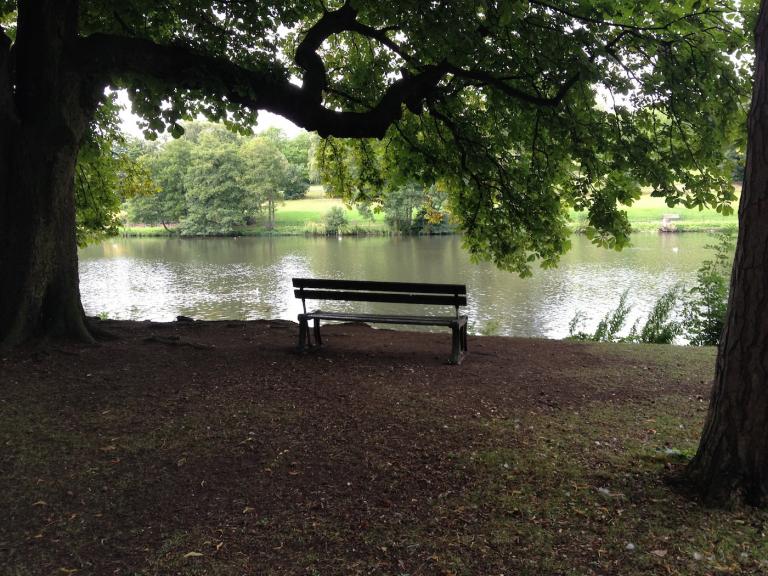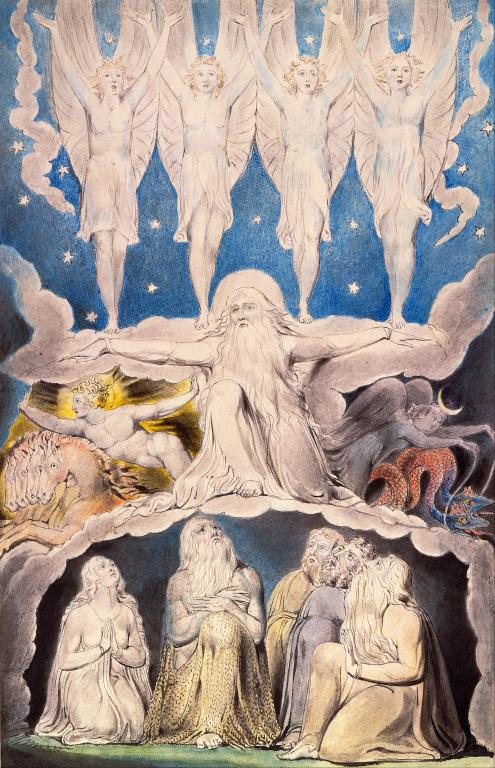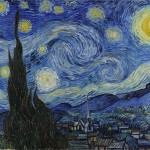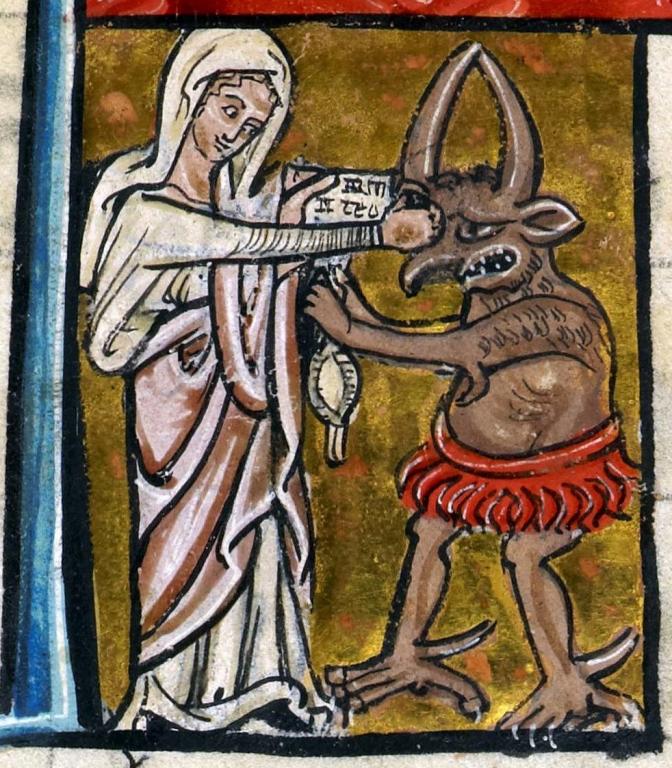David Russell Mosley
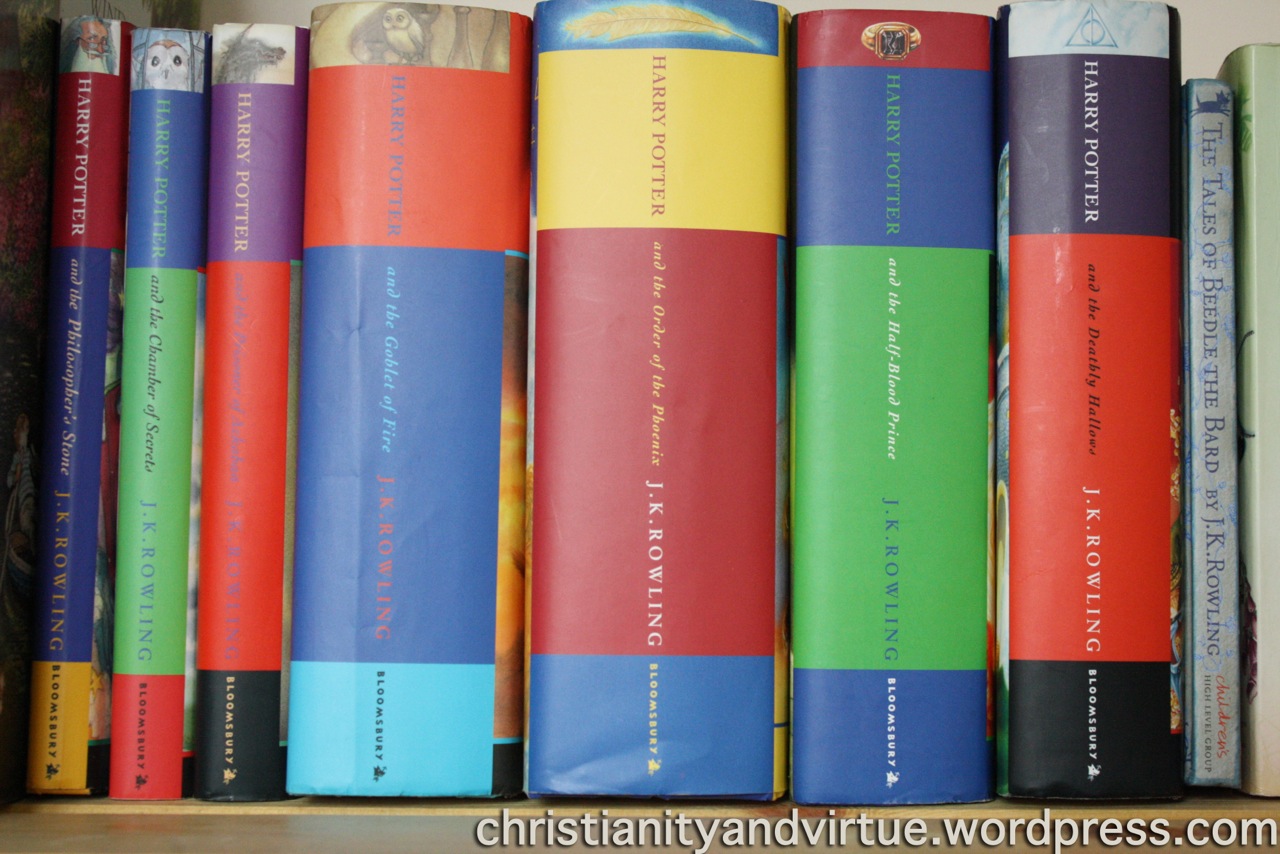
Lent
9 March 2015
The Edge of Elfland
City, State/County
Dear Friends and Family,
Yesterday I finished, yet again, the Harry Potter Series. I love returning to these stories at least once a year. They aren’t perfect, but nevertheless, I still love them. Below are some unorganised thoughts and reflections on the Harry Potter Series. Perhaps some day I’ll organise them or write more fully on some of them, but for now take these little digests for what they: meanderings.
Body and Soul
Perhaps the most problematic part of the Harry Potter Series for me is Rowling’s understandings of body, mind, and soul. In Harry Potter and the Prisoner of Azkaban, we get introduced to Dementors, fear sucking creatures that somehow also possess the ability to suck out one’s soul if given the opportunity to kiss you. First, of course, we might question this association of fear and happiness (the thing that drives away Dementors when formed into a Patronus) and the soul. Why are these two emotions the ones connected with the soul? Sirius, for instance, is able to mentally combat them by thinking first about his innocence (justice) and then his revenge (vengeance). What’s more bothersome, however, is Rowling’s relatively Cartesian understanding of the human person. Hermione tells Ron and Harry that your body can exist (live) without your soul. It serves, apparently, as the source of personality and consciousness, but not motion. It is the ghost driving the machine. So much so, that Rowling invents the Horcrux. Voldemort is able to split his soul putting pieces of it into both inanimate and animate objects. The inanimate objects are able to manifest themselves as Voldemort the person, but not, initially anyway, Voldemort the body. However, Rowling confuses this both when she creates a mind/soul dichotomy in Harry Potter and the Deathly Hallows when we learn the Voldemort put a part of his soul in Harry (by accident) causing a confusion of mind and soul, thus requiring Harry to learn occlumency. But this causes me to ask, if the soul and mind are not the same, what is the soul and what purpose does it serve? Hermione tells us we should care about our souls, but Rowling provides no real reason as to why, since there seems confusion over the difference between soul and mind.
The Invisibility Cloak
In Harry Potter and the Deathly Hallows we learn that Harry’s cloak is one of those hallows, a true cloak of invisibility that is supposed to be spell-proof as regards being seen through. However, in Harry Potter and the Goblet of Fire we learn that Moody’s magical eye is capable of seeing through it. This just doesn’t jive.
Muggle-borns
It seems to me that Rowling undermines everything she sets up about muggle-born wizards in The Tales of Beedle the Bard. In the story of ‘Babbity Rabbity and Her Cackling Stump’ there is a footnote from Dumbledore informing us that while one must be born magical, but that this can come about from muggle parentage, that most research suggests that there is wizarding blood somewhere in that person’s ancestry. This takes away, somewhat, both from my Calvinist/Predestinarian reading of wizardkind, but also takes away from the importance of muggle-wizard relations. One could easily make the argument that if all muggle-borns do in fact have wizard ancestry then they are no longer muggle-borns, they’re just the one person in their family to be born with the wizard genes activated. This would mean that standing up for muggle-borns is no longer related to standing up for muggles qua muggles.
The Importance of Christmas
Christmas plays a really fascinating role in the Harry Potter Series. In each book it seems to serve as a means of furthering the plot (Harry and Co. learn something that helps move them to the climax and its resolution) and/or as a means of giving Harry a family. Some examples will suffice: In Harry Potter and the Philosopher’s Stone its on Christmas that Harry receives his father’s invisibility cloak, giving him his first real connection to his family. That night, Harry finds the Mirror of Erised and sees his parents, and extended family, for the very first time. The cloak also serves as a major plot point throughout the series, being given its ultimate significance as the greatest of the Hallows. In Chamber of Secrets, Christmas is when Harry, Ron, and Hermione take polyjuice potion and the first two question Malfoy and learn more about the Chamber’s more recent history. In Deathly Hallows the period from Christmas Eve to St Stephen’s Day is the period over which Harry and Hermione go to his hometown, his parent’s grave, and his destroyed home; are attacked by Nagini; find the sword of Gryffindor; Ron returns; and Ron destroys a horcrux. Christmas thus serves a profoundly important place in Rowling’s work, which I think may suggest an even greater connection between Harry and Christ.
What Happened to Ron the Strategist?
In Harry Potter and the Philosopher’s Stone we are introduced to wizard’s chess, which is just normal chess with animated, semi-sentient chess pieces. Ron, we learn, is a proficient. Not only does Ron trounce Harry, but he also beats McGongall’s life-size wizard’s chess set. Chess is a highly complex game, requiring proficients to think rapidly and to think and plan ahead. Where is this Ron when it comes to doing homework, or searching for horcruxes (alright, she does emphasise his leadership after he returns and the group learn about the Deathly Hallows), or really any other time planning is involved? It seems to me Ron would be right useful in planning battle strategies, which would have been great in the battle of Hogwarts. His chess skills seemed so important, like Hermione’s logic or Harry’s leadership and broom-flying abilities which all show up with greater importance throughout the series. Instead, Ron seems to get a little dumber.
Aberforth and Goats
Seriously, what’s the deal?
Hagrid’s mum and dad?
How did that work, and why was his dad sad when she left?
Firenze
What role did he play in the battle of Hogwarts? Also, why didn’t he see anything worth saying about the death of Dumbledore?
Voldemort: Love potion baby
I can’t corroborate this, but I have read somewhere that Rowling has said the reason Voldemort cannot love is because he was conceived under the effects of a love potion. This seems to literally make him irredeemable which Harry Potter and the Half-Blood Prince seemed not to indicate. Harry, upon meeting boy Voldemort sees what could have been himself. Even in Order of the Phoenix we learn that the difference between Harry and Voldemort, the ability to love, is often based in Harry’s choices: Harry chose Gryffindor over Slytherin; He chose to befriend Ron and not Draco. If Voldemort lacked the ability to make these choices due to his mother’s unintended wickedness, then Voldemort had no choice and cannot rightly be condemned for his actions because he could not have chosen otherwise, because his mother chose for him.
Anyway, these are just some of my thoughts and reflections. Let me know if you have answers or solutions to some of the problems I’ve noted, or if you simply disagree, or if you have reflections of your own.
Sincerely yours,
David


